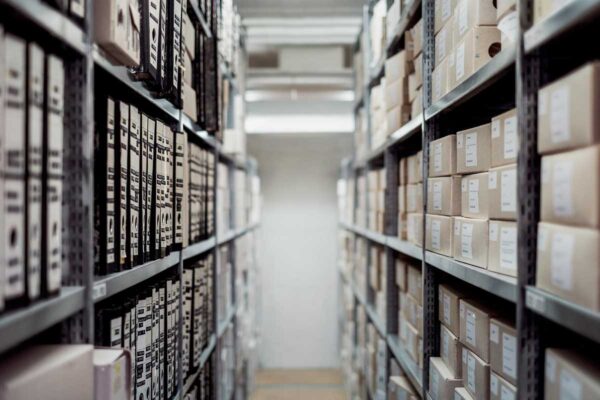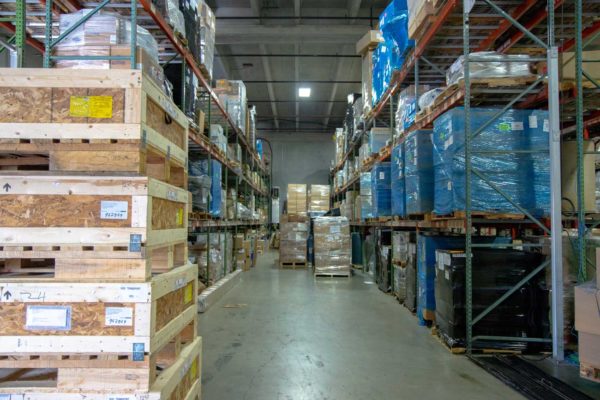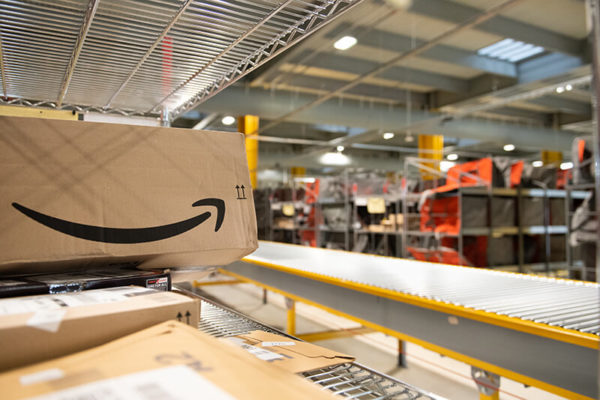In the labyrinth of international trade, understanding various logistics practices is crucial for businesses aiming to operate effectively and efficiently. Among the many terms that you may come across, ‘Custom Bonded Warehousing’ stands out as an important one. This article aims to decode the concept of custom bonded warehousing, shed light on its functionality, and highlight its significance in global commerce.
The Concept of Custom Bonded Warehousing
A Custom Bonded Warehouse, also known as a Bonded Warehouse, is a secured warehouse facility that is approved by the customs authority in a country. It’s designed to store imported goods before the payment of customs duties, taxes, or import VAT. Until these obligations are fulfilled, the goods are essentially in a state of ‘in-bond,’ indicating that they are still under the jurisdiction of customs authorities.
Functionality of a Custom Bonded Warehouse
In essence, a bonded warehouse acts as a temporary holding area for goods. Upon arrival, the goods are stored in the bonded warehouse until the necessary duties or taxes are paid by the importer or owner of the goods. During this period, the goods can be manipulated, repackaged, or even re-exported without incurring customs duties, offering businesses a certain level of flexibility in managing their international trade operations.
Why is Custom Bonded Warehousing Important?
Lets talk about it.
1. Financial Flexibility
Custom Bonded Warehousing allows businesses to defer the payment of customs duties until the goods are released for consumption or further distribution. This deferment can significantly help businesses manage their cash flow more effectively. In cases where the goods are re-exported, the duties might be waived off completely, leading to substantial savings.
2. Inventory Management
The use of bonded warehouses can also assist businesses in managing their inventory more efficiently. By keeping goods in a bonded warehouse, businesses can decide when and where to release their products based on demand, without the pressure of immediate duty payment upon arrival.
3. Compliance with Customs Regulations
Custom bonded warehouses operate under the watchful eyes of the customs authorities, ensuring that all the stored goods comply with the necessary customs regulations. This oversight can provide businesses with an added layer of assurance in terms of regulatory compliance.
4. Added Services
Many bonded warehouses also provide additional services such as product assembly, packaging, labeling, and quality control. These value-added services can help businesses reduce their logistics costs and streamline operations.
Final Thoughts
Custom Bonded Warehousing emerges as a powerful tool in the arsenal of businesses engaged in international trade, offering a perfect blend of financial flexibility, inventory management, regulatory compliance, and value-added services. While the concept may seem complex at first glance, understanding its intricacies can unlock numerous benefits, helping businesses navigate the choppy waters of global commerce with greater confidence and capability. As the world of trade continues to evolve, tools like Custom Bonded Warehousing will remain at the forefront, underscoring the importance of strategic logistics management in the growth and success of businesses.





